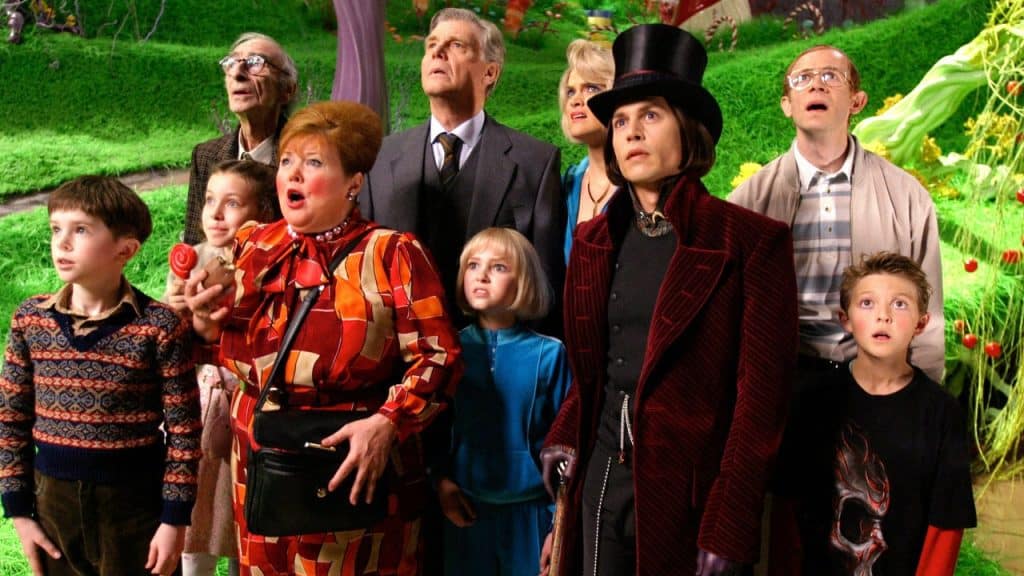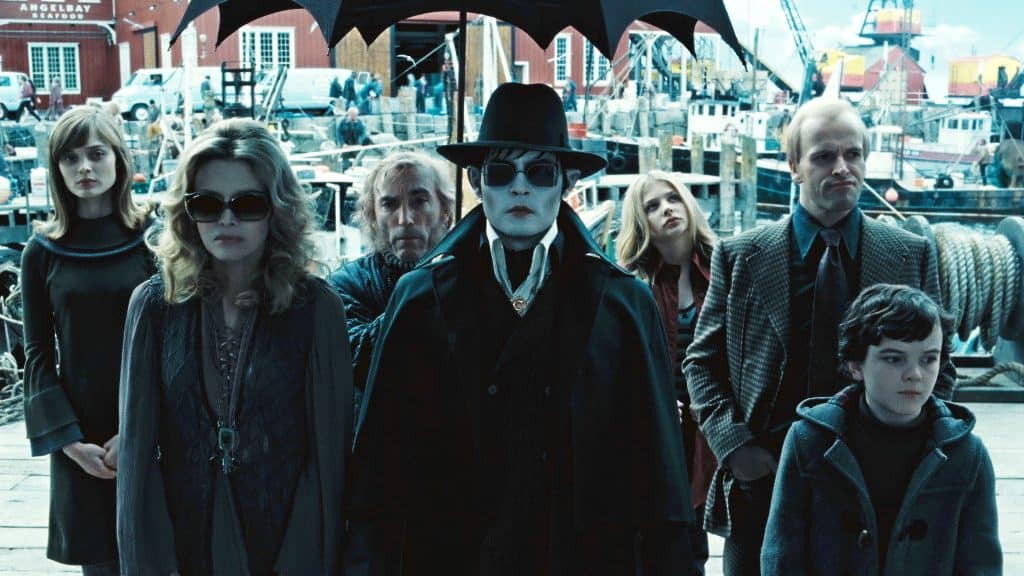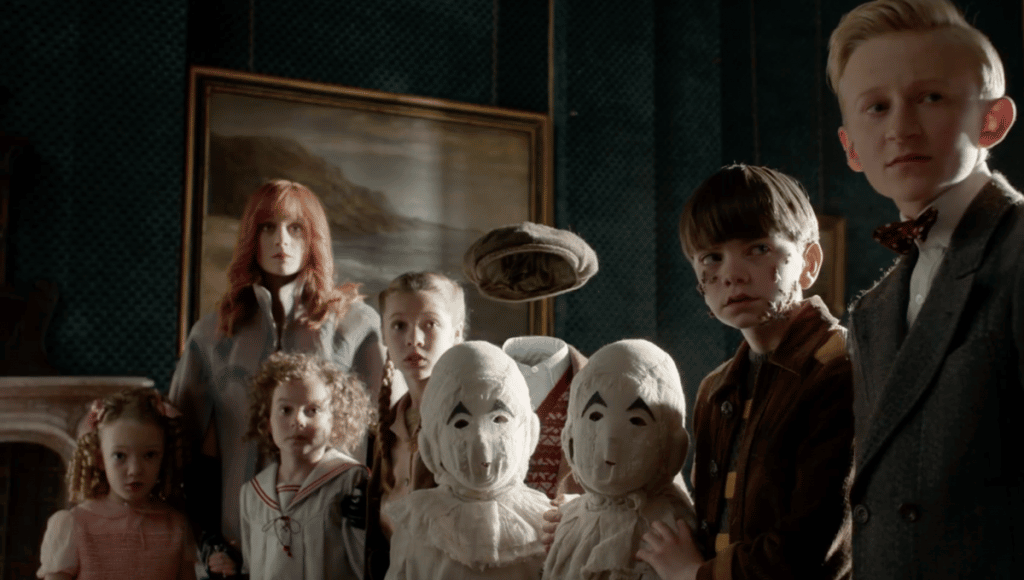
He tried for years to have it both ways and lost just about everyone, critically speaking. Dark Shadows and Charlie and the Chocolate Factory, two comedies heavy on CGI and off-kilter
That’s the paradox of being ‘different’ – someone’s always going to make you look obsolete. But it’s not like Burton set out to make himself into a brand. The chasm between Batman Returns and Mars Attacks! couldn’t be wider; this was just who he wanted to be. But he’s stuck being Tim Burton, and Tim Burton movies are still some of the most dependable
I think that tension is honestly why it is I’ve continued to hang in with Burton as he’s drifted away from himself over the years. He’s capable of snapping back into focus when it pleases him (Frankenweenie is one of his best films full stop, appearing out of nowhere as if Burton’s career as an animator had never been put on hold by his
Burton had been cribbed by everything from the X-Men movies, Silent Hill, Night at the Museum, Eragon, the Harry Potter series, Christopher Nolan’s body of work, the Pirates of the Caribbean movies, The Curious Case of Benjamin Button, Hellboy, The Spiderwick Chronicles, the reboot of Sherlock Holmes, and Watchmen, to name just a dozen. It helps quite a bit that waiting for Alice are spectacularly strange performances from Anne Hathaway, Alan Rickman, Christopher Lee, Helena Bonham Carter, Michael Sheen, Crispin Glover, Stephen Fry, Timothy Spall, and Michael Gough in his final role. Burton populating a too-busy CGI landscape with his rep company and leaving it for the die-hards to sort out the voices is a pretty fine metaphor for the bulk of his late work. That Burton never forgot those people whose voices were so crucial to the development of his own is part of why he remains an admirable figure. Burton was always something of a curator and Alice in Wonderland, like Batman Returns and Sleepy Hollow, one of the most important films of my own youth, had a litany of influences to share. They’re the sort of films that can spark a love affair with classic cinema and/or make you throw out your wardrobe and head to the thrift shop.
That Gough and Lee both closed their careers out receiving paychecks from a kid who grew up watching their work is heartening, to say the least. Burton was trying to make cult fans out of a young kid who then might catch up with The Devil Rides Out or Horrors of the Black Museum. He wanted to plant seeds of curiosity in the minds of the young without making the work all about himself. Frankenweenie is likely the best example of this, which gives laces a heart-warming story all about loving monster movies with artifacts from a shared history of cult film that doesn’t interfere with the fable of the cute dog coming back to life. On the other hand, it’s difficult to enjoy Dark Shadows without doing most of the legwork on the movie’s behalf.

The script truncates hours of television and another movie into a new two hour film while also attempting to update pieces of it to appeal to a younger audience (the entirety of the laborious yet wafer-thin subplot involving Chloë Grace Moretz should have been excised, even if her sitting on a couch rolling her eyes is just about perfect as auto-critique). It’s a rickety mess but it’s loaded with unforgettable tableaux and performances. Eva Green, Bella Heathcote, and Michelle Pfeiffer are all marvelous in their parts, even if the plot’s less concerned with them than with Johnny Depp’s Jonathan Frid impersonation. And there’s also once more a lovely metaphor for the space Burton and his company occupy in culture – a dilapidated mansion everyone whispers about that’s now a refuge for eccentrics and former starlets gone to seed. Watching his films now is like walking into Collinwood Manor. If you fix it up you banish its charm, but if you leave it the same you invite decay.
Still, there are images that have never left me in Dark Shadows, including Depp and Eva Green tearing a room apart trying to have supernatural congress; Pfeiffer holding her lycanthropic child in her arms while her house burns all around her; Christopher Lee dressed a sea captain holding court in the back of a perfectly grim ocean-side tavern. I’m grateful for the sentences even if I scorn the novel.

Miss Peregrine’s Home For Peculiar Children was more successful and even more *about* Burton looking back at his career. His protagonists are a gaggle of magic children hunted by vicious demons. Asa Butterfield‘s hero has to lead them out of their own Collinwood manor, the school of the title to make peace with their differences and rejoin society, almost like a director deciding to make crowd-pleasing blockbusters rather than continue to please himself (if this piece is overly stuffed with metaphor, try watching a Burton film after 2005 and you’ll find them quite unavoidable, as macro text has replaced the visual nuance he was once justly revered for providing). And that’d be well enough but Burton genuinely seems to have re-discovered his love for the things he once dependably supplied. There are honest-to-god Claymation monsters in this one, conjured from the magic recesses of one angry child’s brain to combat dark forces (…see what I mean about metaphor).
Green returns with a vengeance as the eternally optimistic mentor to the young who can change into a bird whenever it pleases her. The teenaged hero’s love interest, played by Ella Purnell is the latest and one of the best iterations of the idealized wide-eyed Burtonian leading lady. You could draw a straight line from Winona Ryder and Lisa Marie to Purnell. And he’s found an almost too-perfect (wait for it
After Charlie and Alice and especially Big Eyes, I had thought Burton was basically over doing anything that specific, and so my heart swelled to see him once again so careful in his construction of important but simple ideas. If I’d seen this at the same age at which I saw Sleepy Hollow, I’d have been equally intoxicated with its romantic subplot. Just when I imagined he was just going to be a shadow of his former self, Miss Peregrine shows a man slowly coming back into touch with himself. I can’t say if Dumbo will show a further step in the right direction or something less personal, but I walk in optimistic. Burton has it in him to be the director who once magnificently curdled his corner of the American film landscape into a wonderland of perfectly calibrated cynicism, bountiful kitschy creativity, and goth sexiness. He may come back and if he does…I’ll